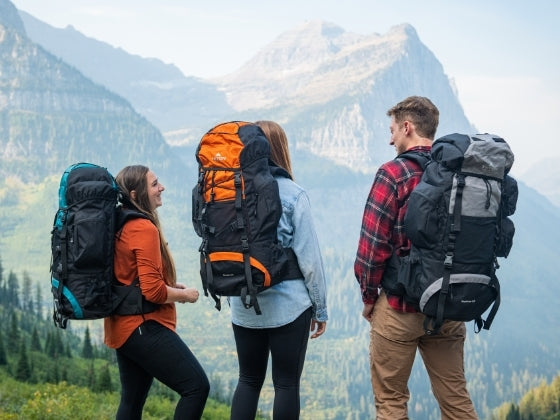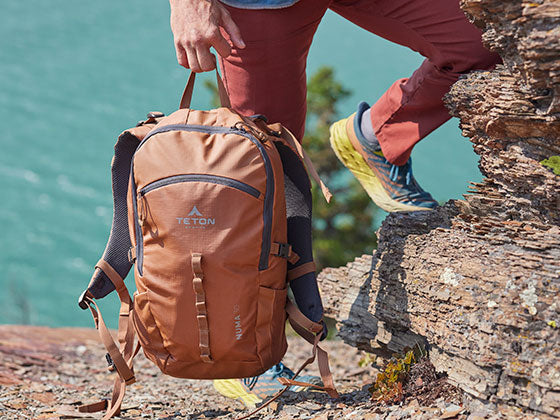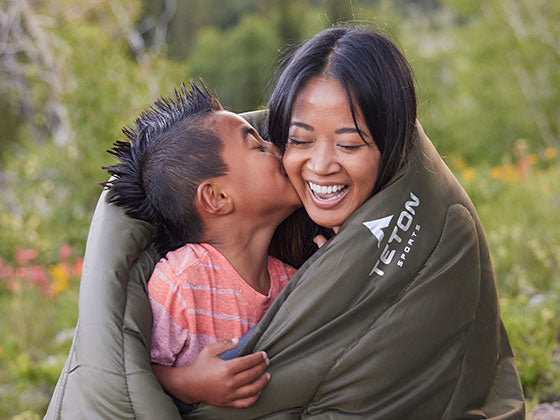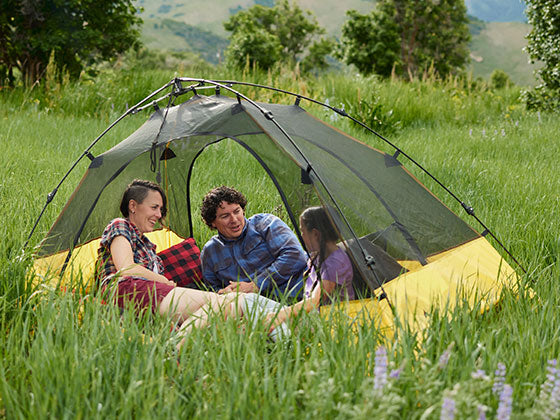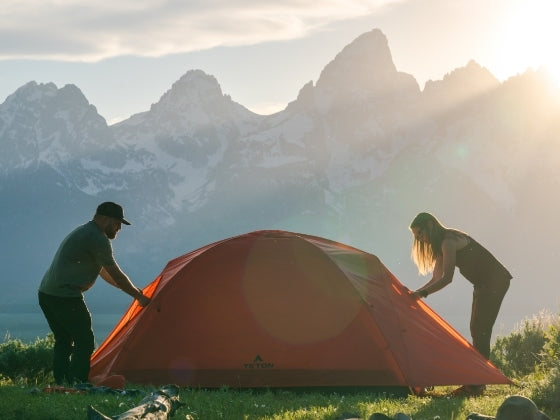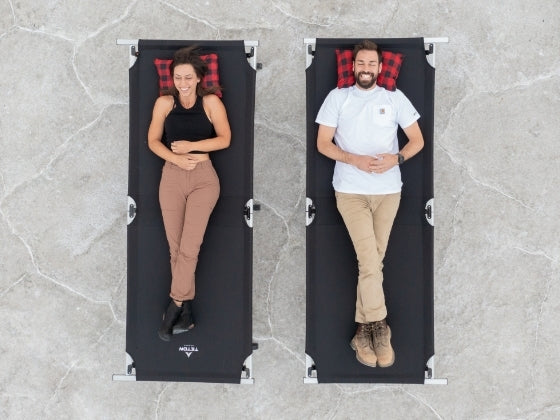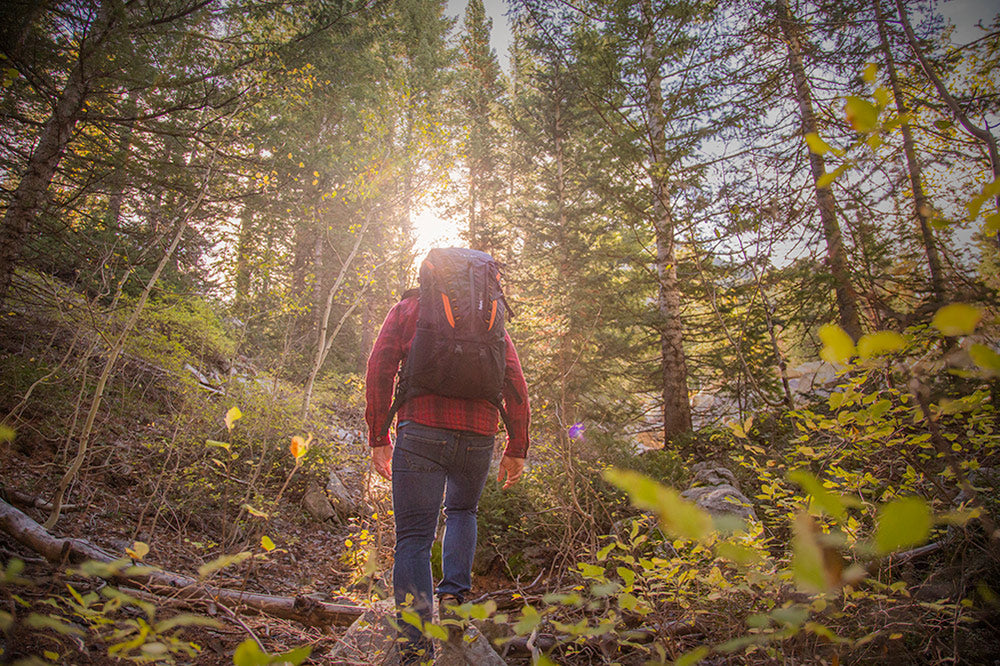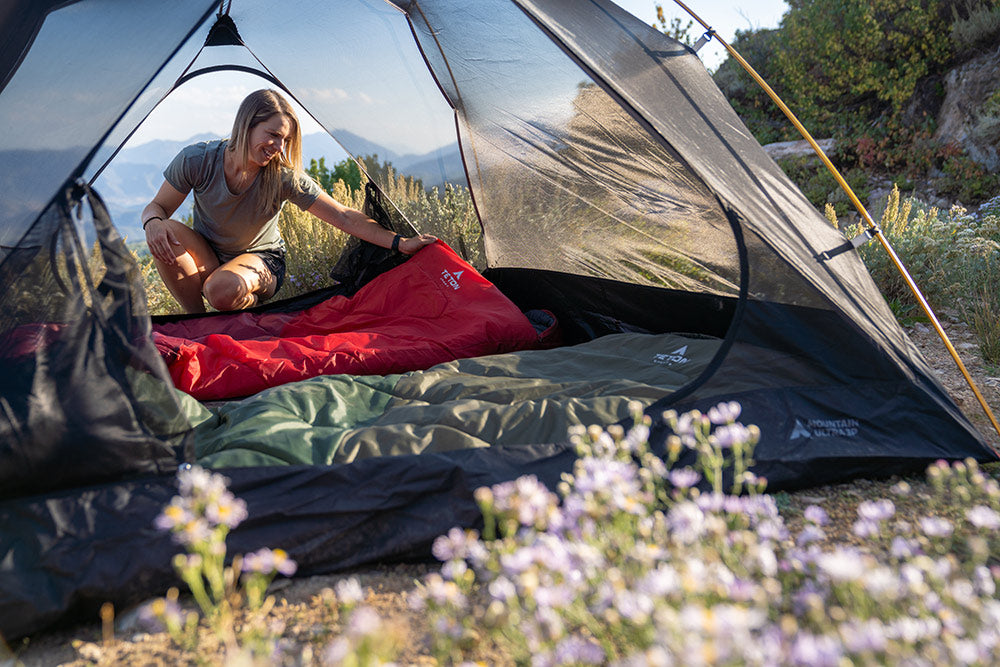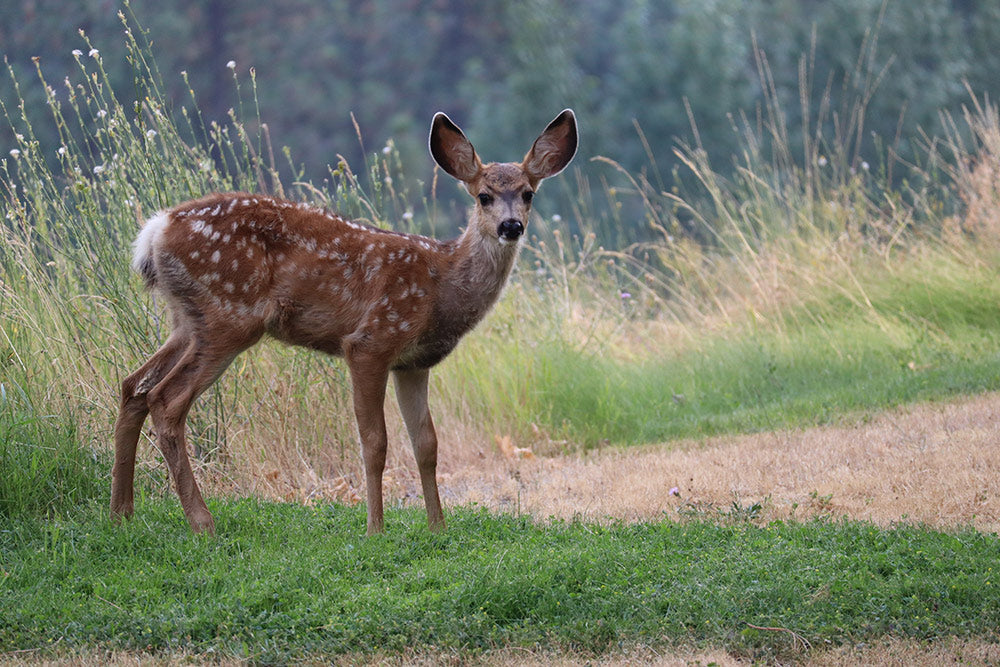It was Thoreau who wrote, “I never found the companion that was so companionable as solitude.” And for many of us, it's the very reason we seek out the quiet places in nature. To escape the crowds and constant background noise and lose ourselves in the peace and quiet of the mountains, the forest, the desert, or really any place we can find a trail. Not to mention the joy of hiking at our own pace and being able to stop whenever we want to take in the view.
Of course, hitting the trail without a hiking buddy or two requires a few extra precautions, so play it smart and follow these simple tips before you set out for your next solo trek.
Check the weather.
Even if the weather looks bright and sunny outside your window, it may be drastically different by the time you reach your destination. Pull up a couple different weather apps and check the area where you know you will be hiking to make sure it looks like ideal hiking weather. Then, because nature is fickle and conditions can change quickly, be smart and pack some extra layers and your rain gear, just in case.
Research your route.
We've seen all the horror movies, and the last thing you want to do is get lost. Alone. In the woods. So, do your research ahead of time and make sure you know exactly what you're in for—especially if you plan on hiking a new trail or visiting a new area. Pinpoint where the trailhead is, how long the trail is, and the difficulty rating (which should help you know what type of terrain or elevation you may encounter).
In addition, check to see if you will have cell service or if you'll need to screenshot your trail map ahead of time. And finally, find out whether the trail is a loop trail or an out-and-back route, and make sure you set aside enough time in your schedule to safely arrive back at your car or your designated campsite before dark.
 Pack the essentials.
Pack the essentials. And no, we don't mean a liter of Mountain Dew and a bag of Funyuns. We mean the 10 essentials every solo hiker should carry with them on every trip.
Let your peeps know where you're headed.
Even if you ignore every other tip on this list (which you shouldn't, because that's just silly), the number one thing you should always do before you leave the house for a solo hike is to let someone close to you know exactly where you're going.
And we don't mean posting your plans on social media for all the world to see—because that's potentially dangerous for several reasons—but just send your mom, your bestie, your spouse, or someone else that matters a quick text that tells them where you're going, the name of the trail, and how long you expect to be gone. Hopefully they'll never need to use the information, but we've all read (or watched) 127 Hours, and… well, safety first.
 Bring your dog (if the trail allows).
Bring your dog (if the trail allows). And not just because your four-legged bestie is adorable and loves being outside as much as you do (okay, maybe a little bit because of that). But jokes aside, dogs are acutely aware of everything going on around them, which can help solo hikers feel safer on the trail. Plus, their keen sense of hearing and smell can alert you to any wild animals in the area that you may want to avoid. Just remember to always be respectful of leash laws and to pick up after your pet.
Know your limits.
That 12-mile "moderate" trail may sound great in theory, until about halfway through when you realize it's been a while since you've trekked this far… and everything hurts… and you probably should have thought about breaking in those new boots a bit more. The moral of the story? Just be smart, listen to your body, and turn around if you need to. If you're new to hiking or dusting off your boots after a long hibernation, start small and work your way up to longer excursions as your body gets stronger.